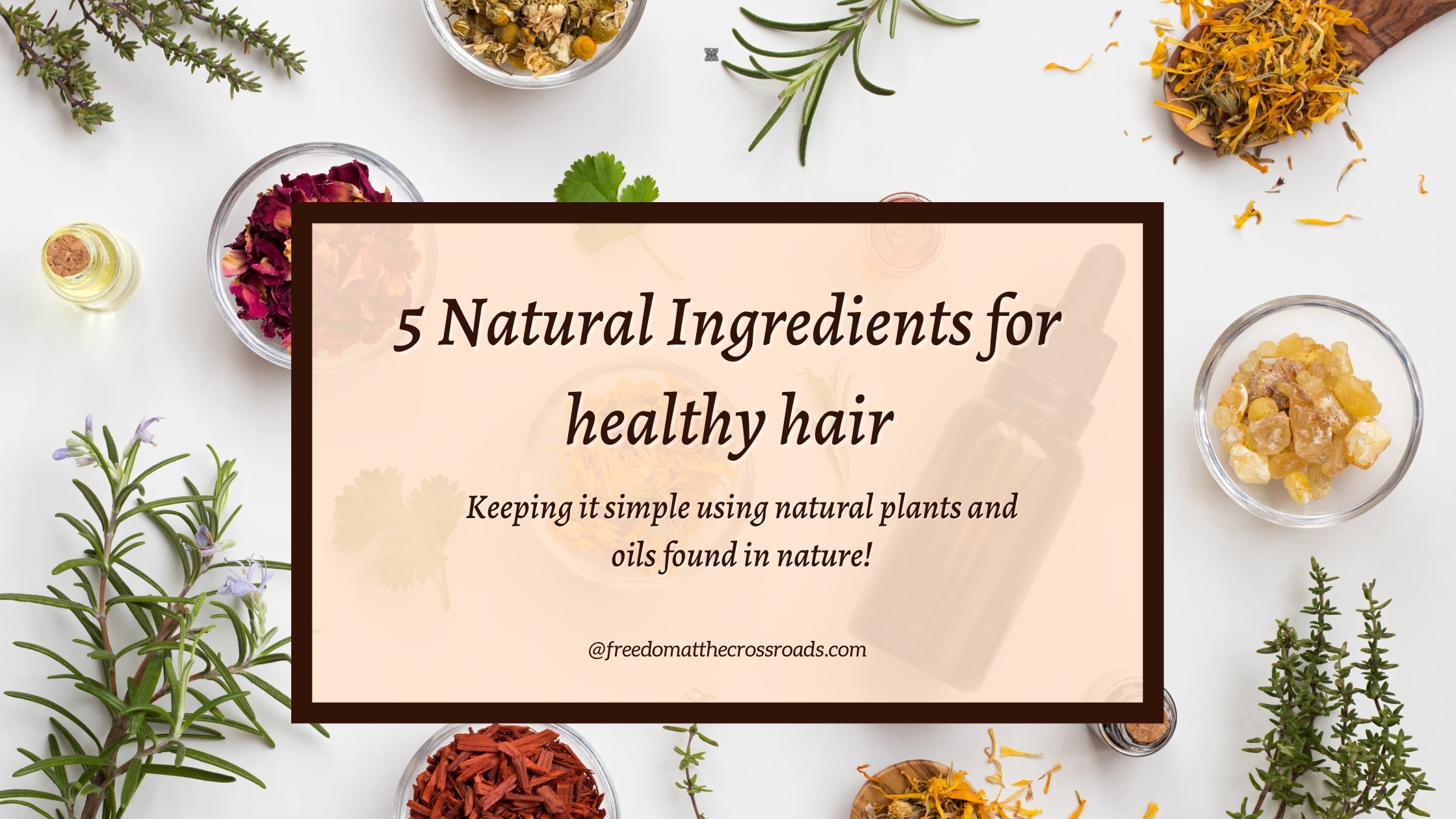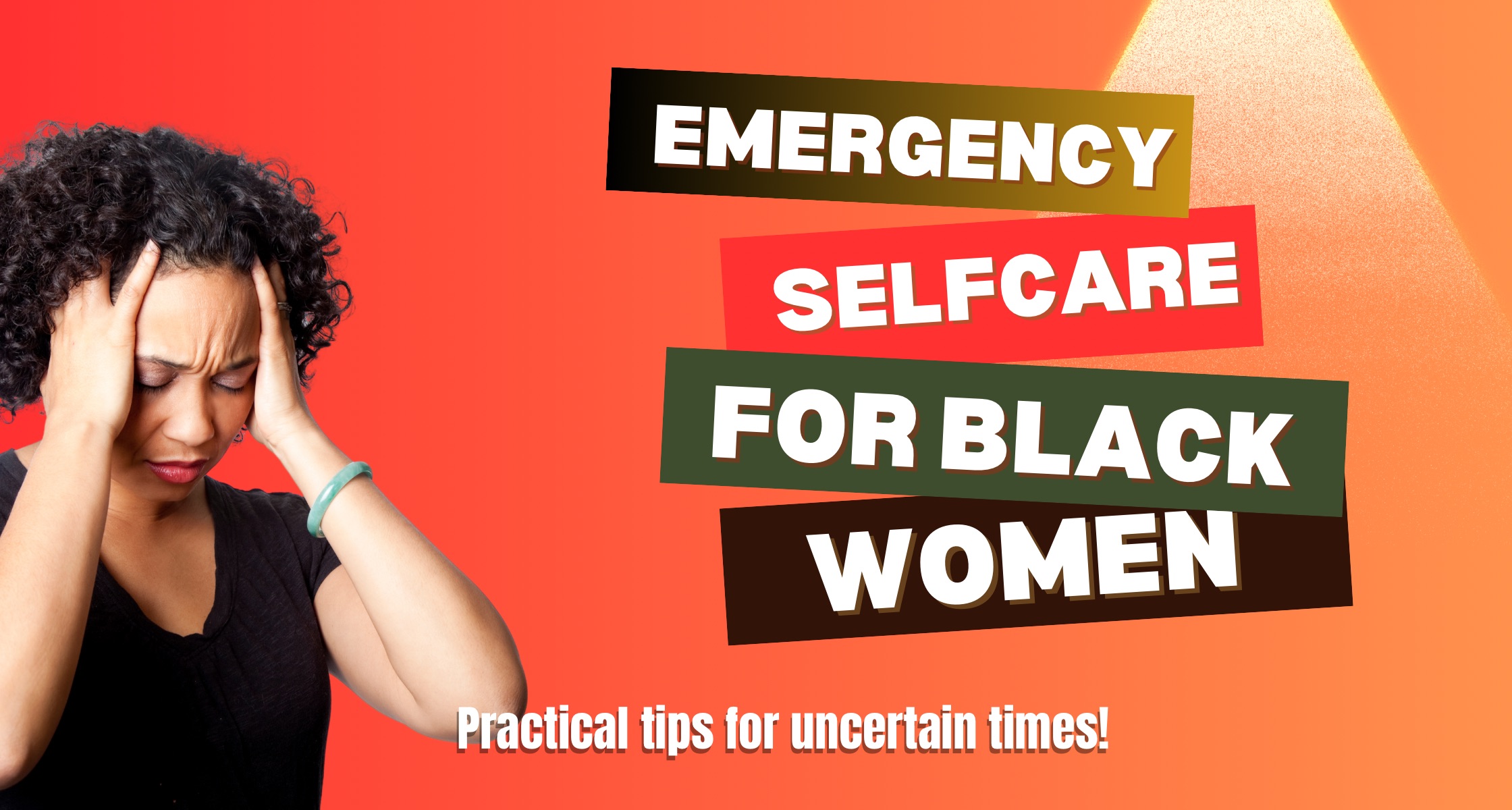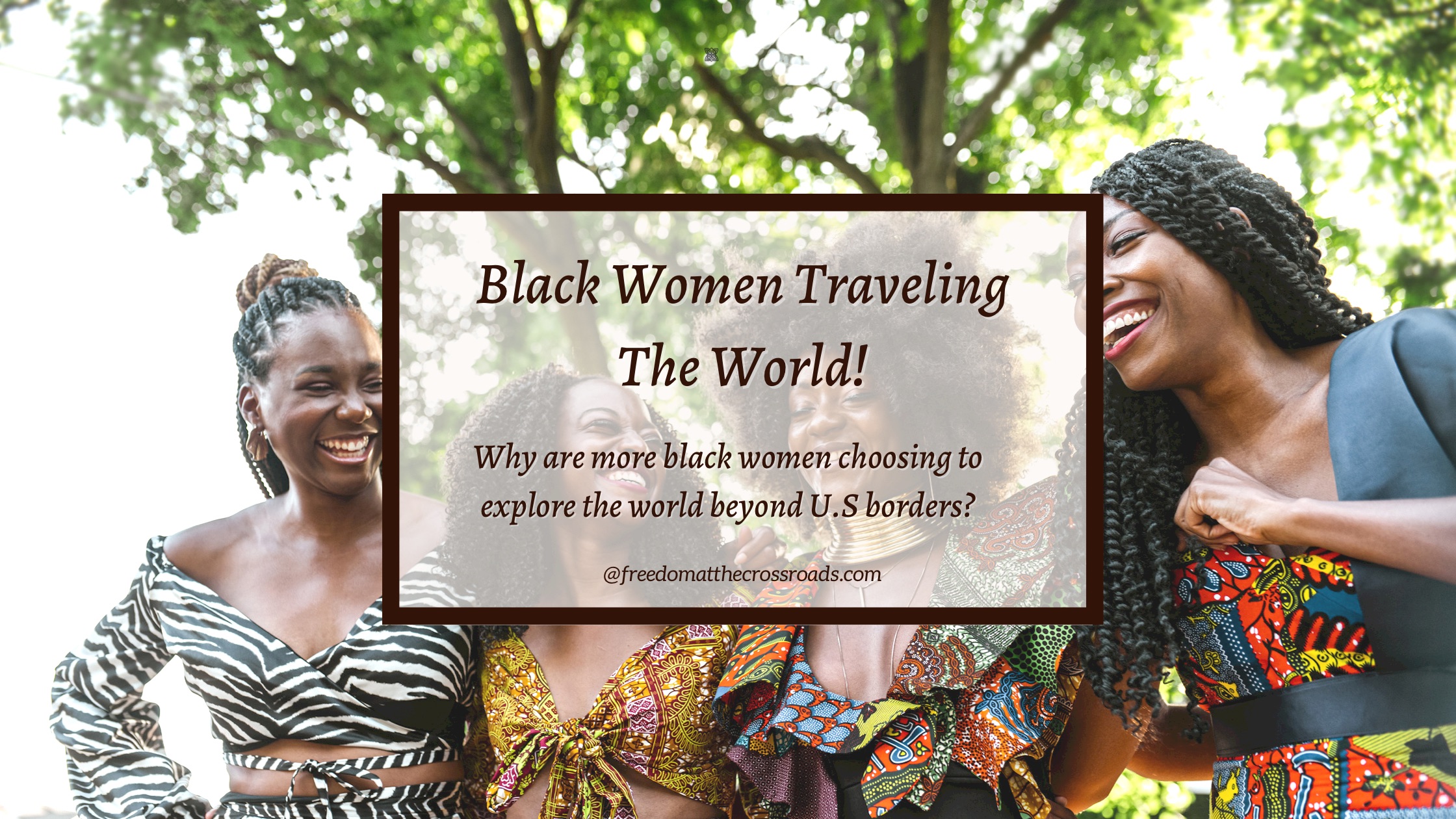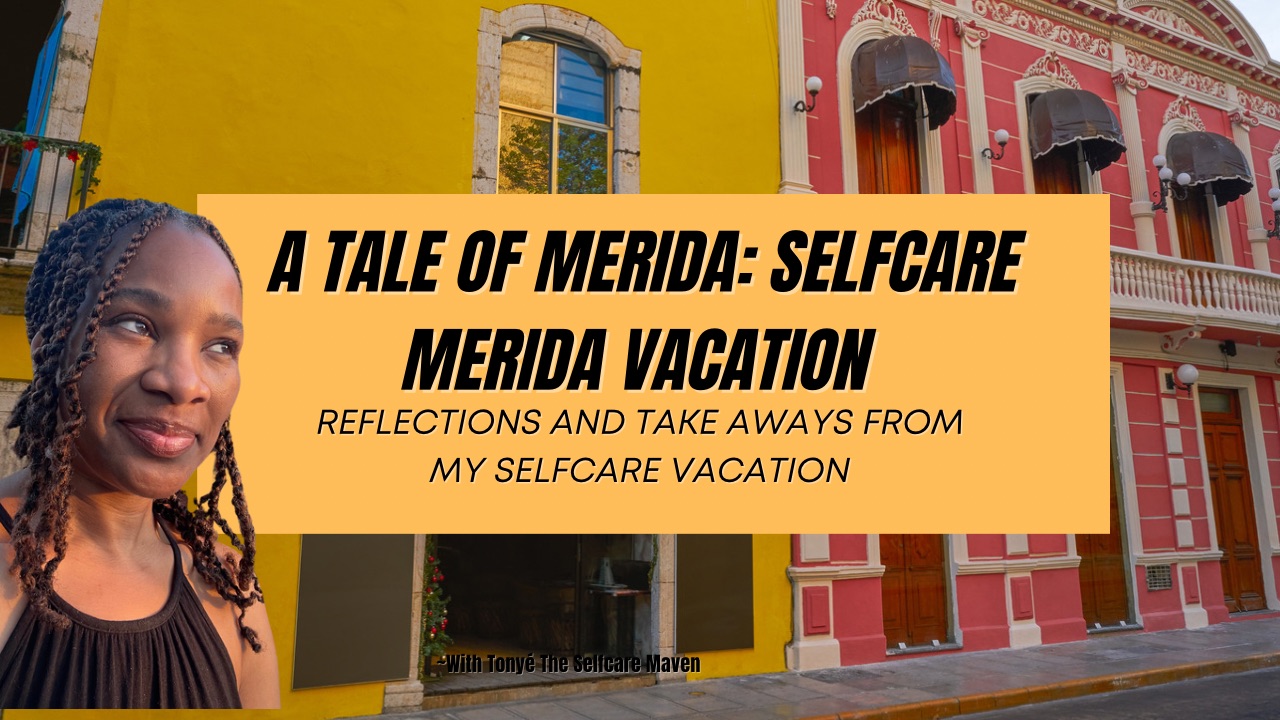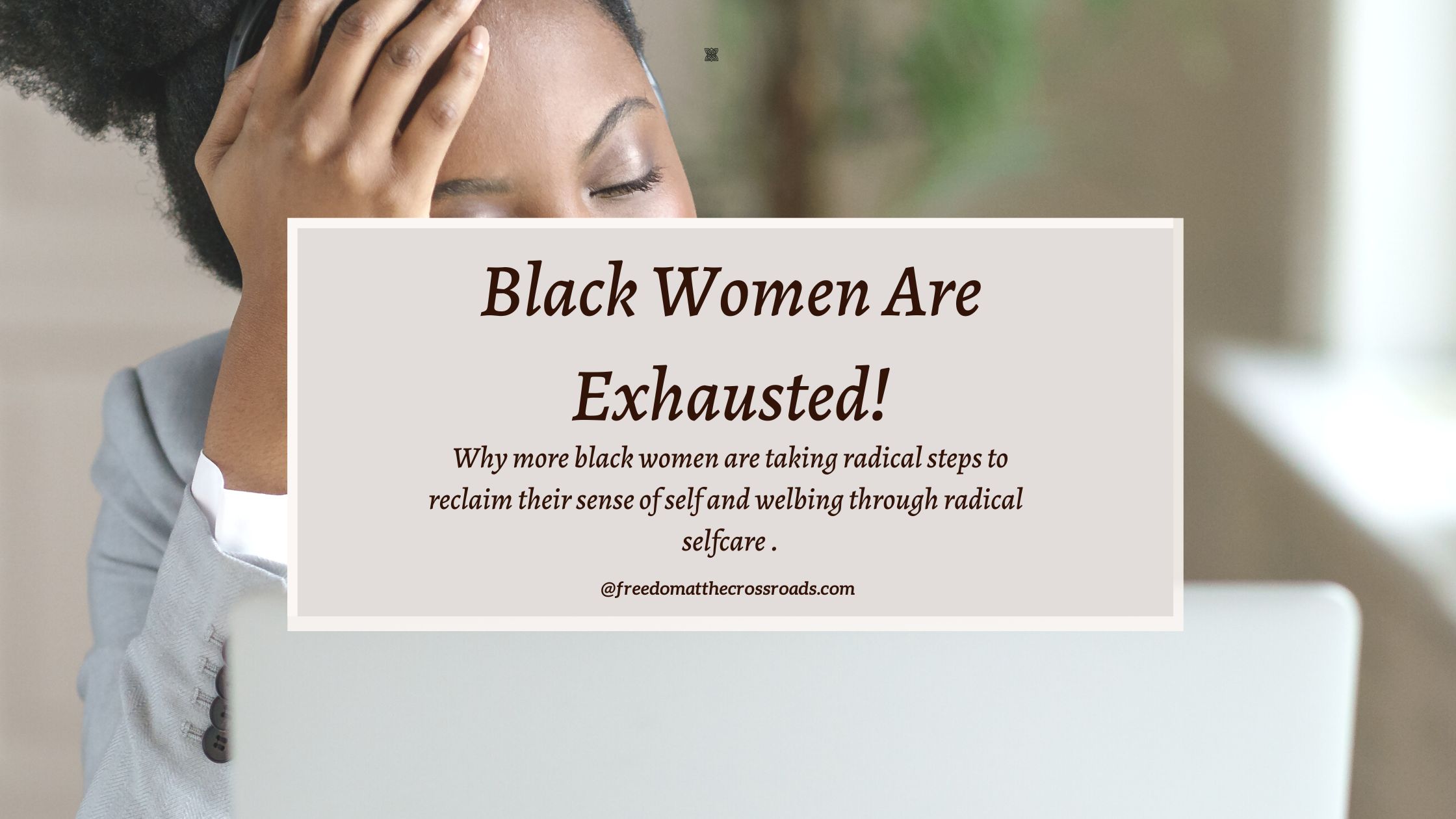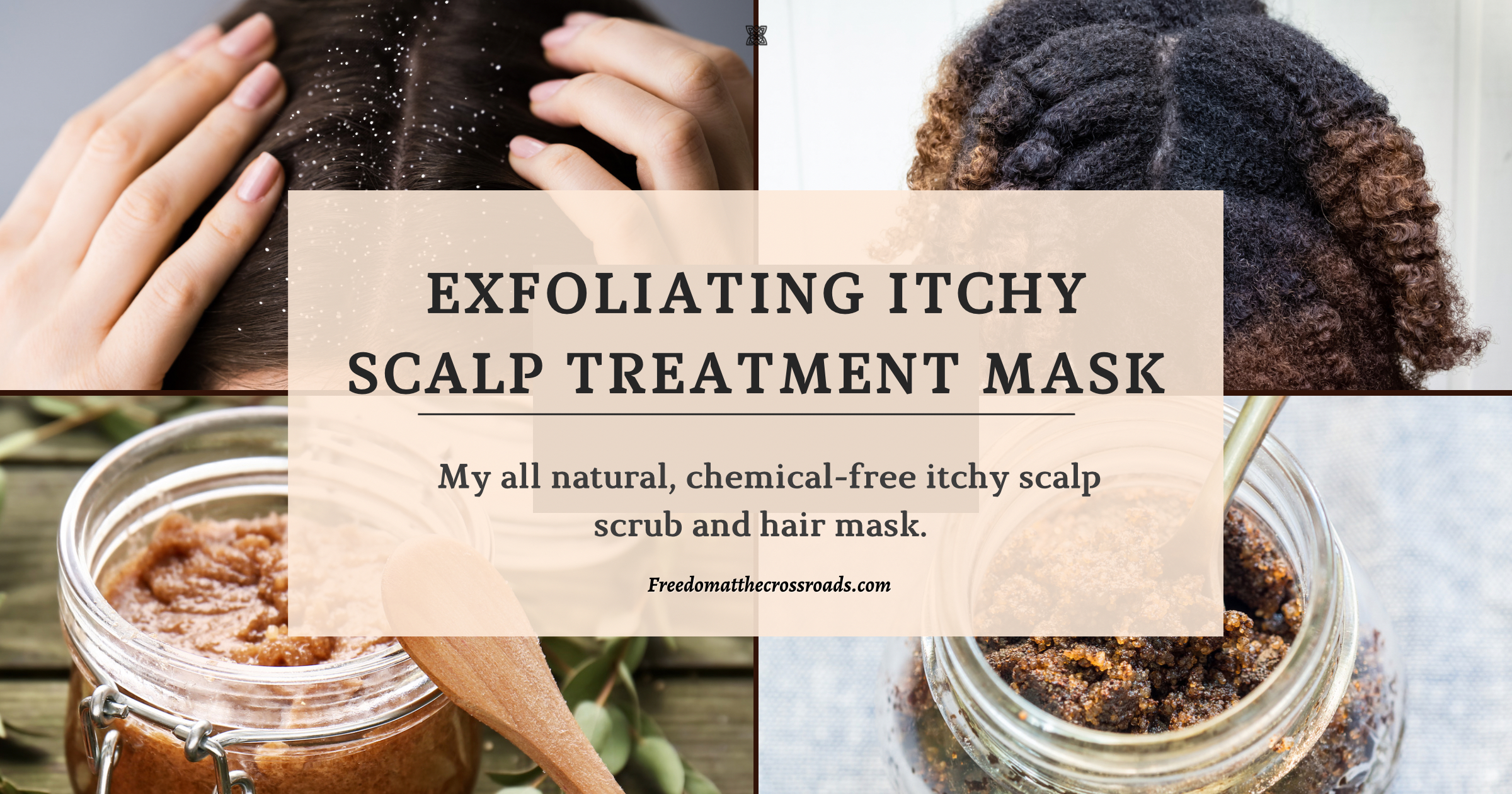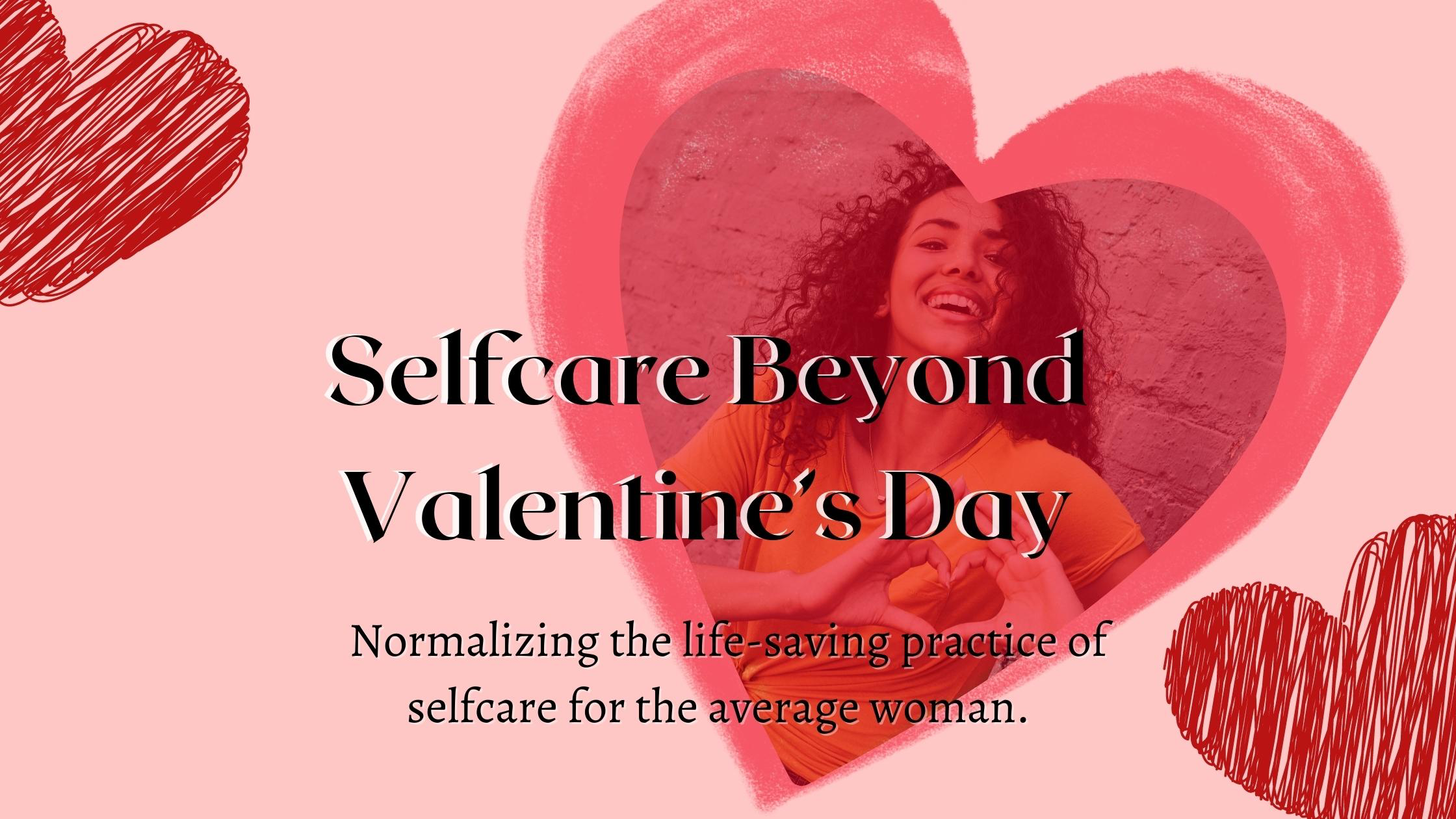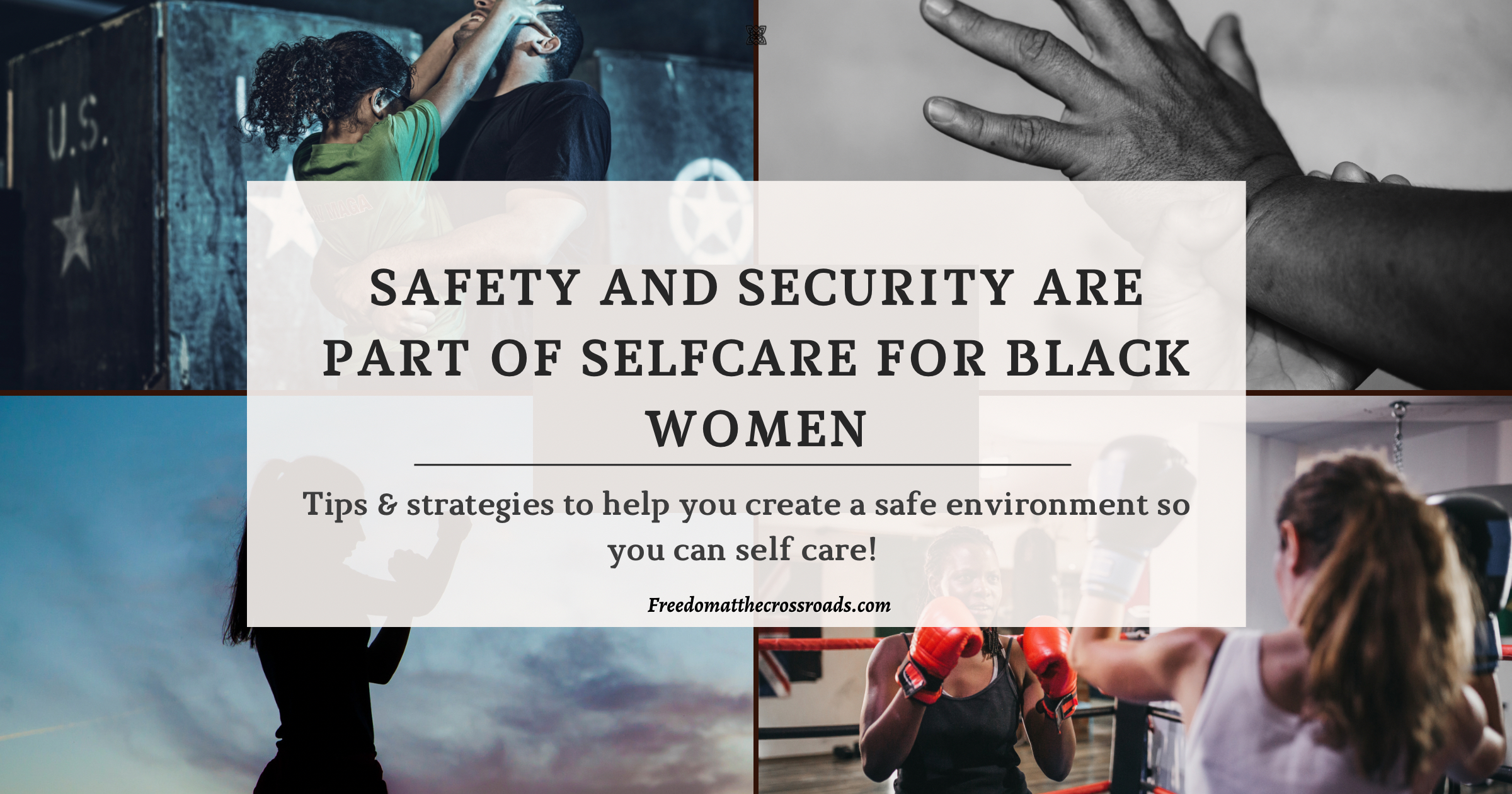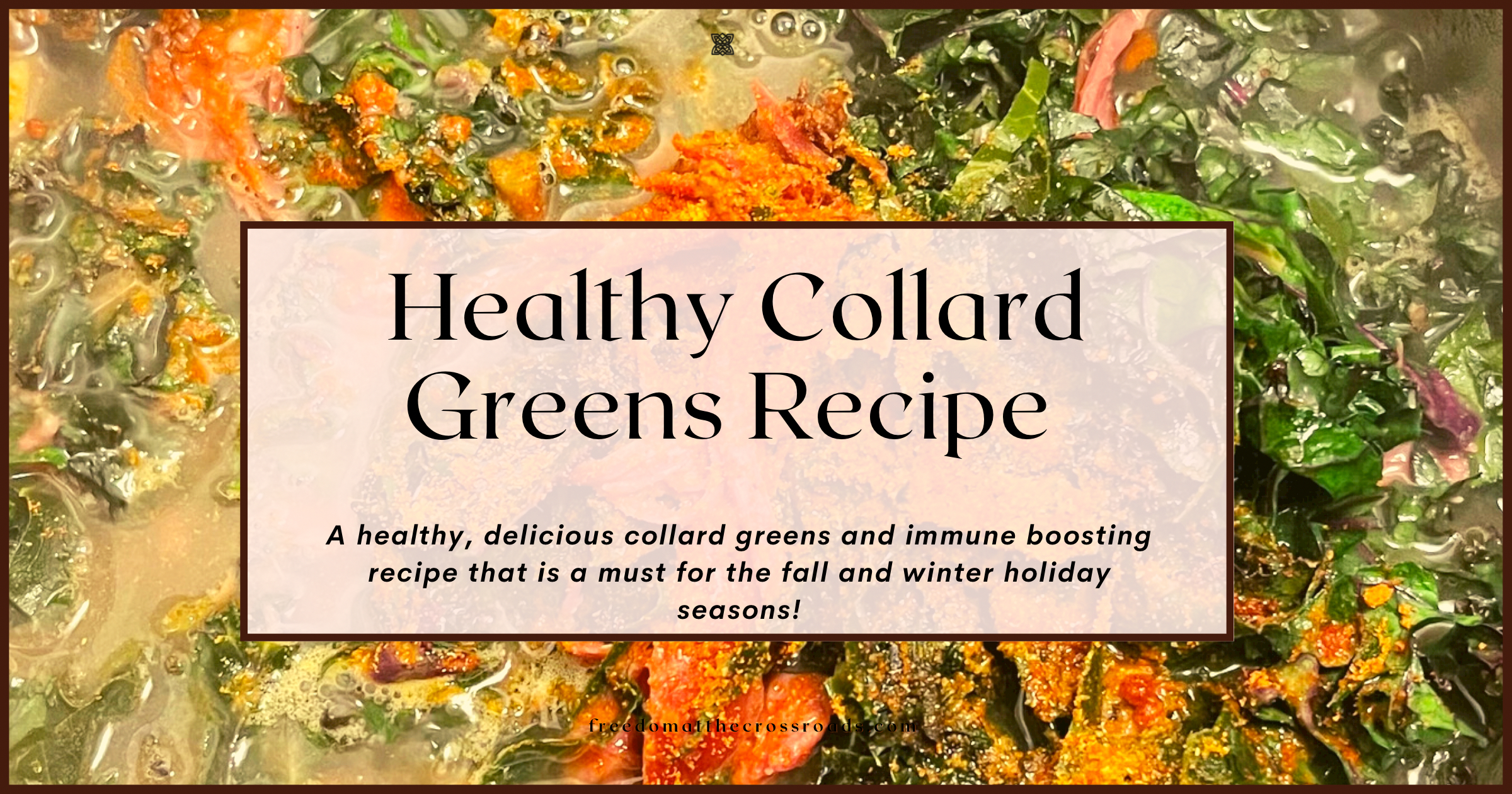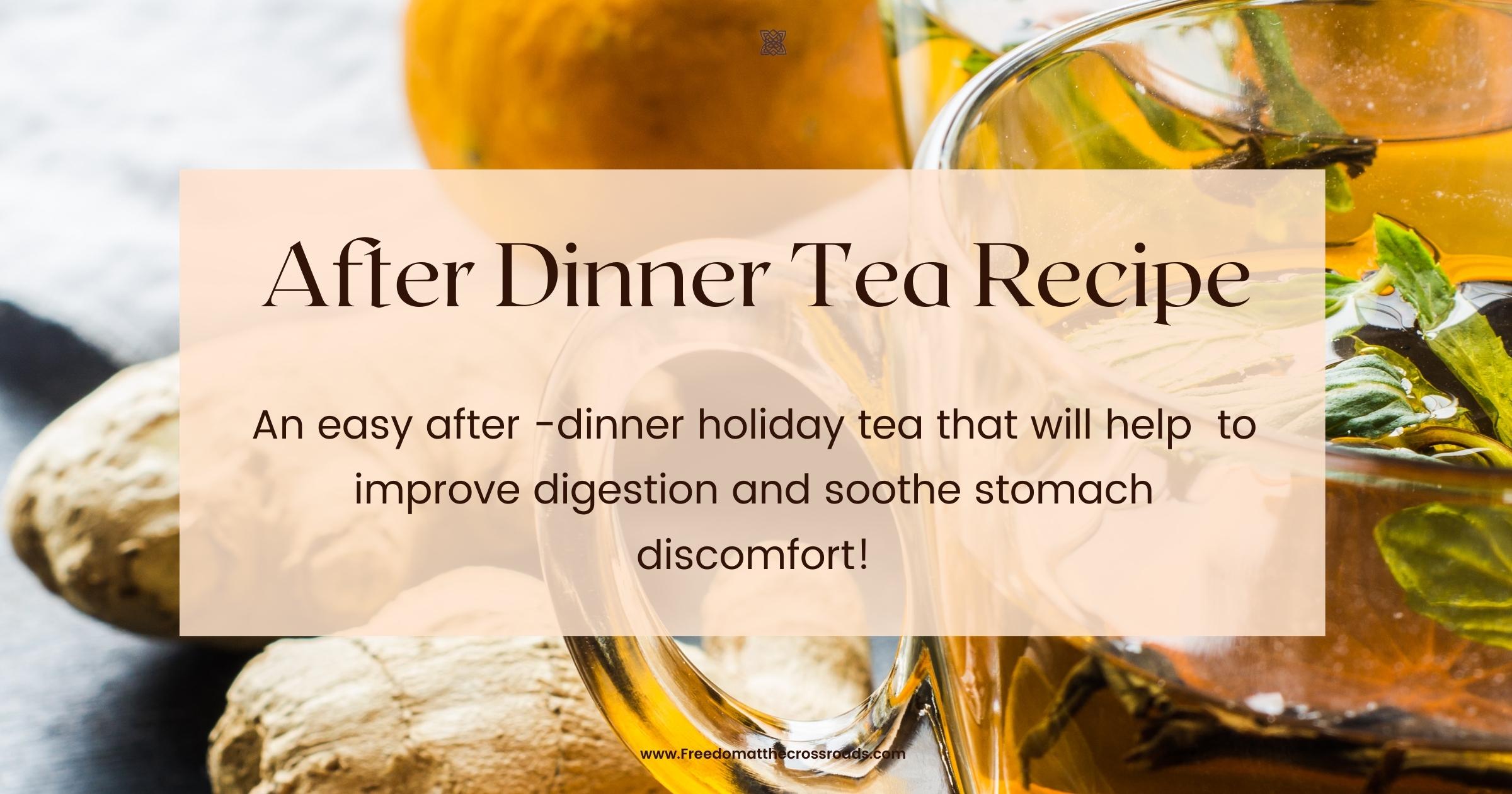We’re well into the summer, and the dry air, heat, etc can be brutal on those locks sis! Since I’m always on the hunt for natural alternatives, I’ve found 5 natural ingredients for healthy hair, that seem to always score at the top of my list. Climate, stress, diet, etc can really impact the health of your hair. So for me, natural and minimal ingredients are my choice to work to heal and protect my hair and scalp. Natural ingredients will almost always out do those store bought versions that are loaded with chemicals. Have you heard about the latest scandals around some of the brands marketing to black women? Yeah, you know the ones that are accused of containing harmful chemicals that are possibly cancer causing? Well, today I’m highlighting 5 natural ingredients for healthy hair, in a simple DIY recipe. My list/ recipe came about from my own journey and simply what has worked best for me.
My beef with the hair care (and beauty) industry
The hair care industry is full of products that promise to bring life back into dull, lifeless hair. However, many of these products are filled with harsh chemicals that can damage your hair in the long run. This is why I prefer more natural alternatives. For my hair care journey, I’ve found that a mix of rosemary essential oil, aloe Vera juice, tea tree oil, sweet almond oil, and filtered water work for me. I love how it soothes and moisturizes my hair and scalp. This is just one recipe that can provide hair with numerous benefits that will leave you with healthy, shiny, and vibrant locks. Since I have low porosity coily hair, this works for me in addition to using a good cleansing shampoo that removes buildup and product. However, always consult your dermatologist / healthcare provider for sensitivities, allergens, etc. At the end of the day, I’ve found that more expensive does not necessarily equal effective or beneficial and less is more. Educate yourself about your hair and embrace your hair because it too, needs love.
More about the industry
It seems that everyone is eager to make money at women’s expense, and even more so, when it comes to Black women. There is no reason, why hair products marketed specifically to us, should be super expensive, other than being greedy and exploitative. That means we need to do our due diligence in terms of researching these products as well as working with specialists if necessary. Also, recognize that diet and nutrition play a huge role too in terms of hair health. While I tend to stick with mostly my own DIY recipes, I don’t skimp on high quality hair care brands that are safe. I specifically look for brands that are entirely Black owned with good ingredients. Keep in mind that this is “my” list of ingredients that work for me, so again, do your research.
Rosemary Essential Oil
Rosemary essential oil is a potent ingredient that helps to improve hair growth and reduce hair loss. This oil is rich in antioxidants and has antiseptic properties that can help to soothe an irritated scalp. It also helps to improve blood circulation, which can lead to healthier hair growth. You can check another recipe when you click here!
Aloe Vera Juice
Aloe Vera juice is a well-known ingredient that is often used in hair care products. This juice contains various nutrients and enzymes that can help to strengthen hair, reduce breakage, and promote hair growth. It also helps to moisturize the scalp and reduce dandruff.
Tea Tree Oil
Tea tree oil is a popular ingredient that is often used to treat various scalp conditions such as dandruff, itching, and flakiness. This oil is also known to improve hair growth and strengthen hair strands. It has antiseptic properties that can help to unclog hair follicles, which can lead to healthier hair growth.
Rounding out my list of ingredients
Sweet Almond Oil
Sweet almond oil is a luxurious ingredient that can help to nourish and hydrate the scalp and hair. This oil is rich in vitamin E and fatty acids, which can help to improve hair health and promote hair growth. It also helps to prevent breakage and split ends, leaving your hair looking healthy and vibrant.
Filtered Water
Filtered water is essential for keeping your hair healthy and hydrated. This type of water is free from impurities, which can help to reduce hair breakage and promote healthy hair growth. It also helps to prevent damage to the hair cuticles, which can lead to shiny and smooth locks.
Some final thoughts
using a mix of rosemary essential oil, aloe Vera juice, tea tree oil, sweet almond oil, and filtered water can provide your hair with numerous benefits that will leave you with healthy, shiny, and vibrant locks. This natural alternative is a great way to avoid harsh chemicals and give your hair the care it deserves. So, why not try it out today and experience the benefits for yourself?
Summing it all up
Incorporating these sources into your research can help to provide a deeper understanding of the hair benefits of using a mix of rosemary essential oil, aloe vera, tea tree oil, sweet almond oil, and filtered water. By using these natural ingredients, you can improve the health of your hair without exposing it to harsh chemicals. I typically use these 5 natural ingredients for healthy hair, to boost vibrancy and help soothe my sensitive scalp. But again, everyone’s scalp is different and it’s best to work as a team with your dermatologist or provider, especially if you have issues.
Hair care is selfcare
Having said all of that, I need us to start normalizing hair care as selfcare! There is so much that we as women, tie to our hair. For Black and other women of color, there are deep cultural roots associated with our hair care practices. Additionally, in a country built on structural and institutional racism, discrimination, etc, it’s no wonder that many Black women still have little understanding of selfcare.
Wrapping it up
Similar to healthcare disparities in our medical system, access to selfcare as a practice, is a privilege many could only dream of. Coupled to that, it’s not until recent years, that women have become a lot more vocal about the need for selfcare and work-life balance. You can read the article I wrote a bit ago, right here.
A few sources to think about
- “Rosemary Essential Oil: Uses, Benefits, and Precautions” by Dr. Josh Axe. This source provides an in-depth look at the benefits of rosemary essential oil and how it can improve hair health. It also discusses the various ways in which rosemary essential oil can be used to achieve healthier hair.
- “Aloe Vera Juice: The Ultimate Solution for Dry and Damaged Hair” by The Indian Spot. This source provides information on the benefits of using aloe Vera juice in hair care and how it can improve the overall health of your hair. It also includes tips on how to use aloe Vera juice for maximum results.
Other sources
- “Tea Tree Oil for Hair: Benefits and How to Use” by Healthline. This source provides an overview of the benefits of tea tree oil for hair and how it can be used to improve hair health. It also includes information on the potential side effects of using tea tree oil and how to use it safely.
- “The Benefits of Sweet Almond Oil for Hair” by StyleCraze. This source provides a comprehensive overview of the benefits of sweet almond oil for hair and how it can be used to improve hair health. It also includes tips on how to use sweet almond oil for maximum results and how it can be incorporated into your hair care routine.
